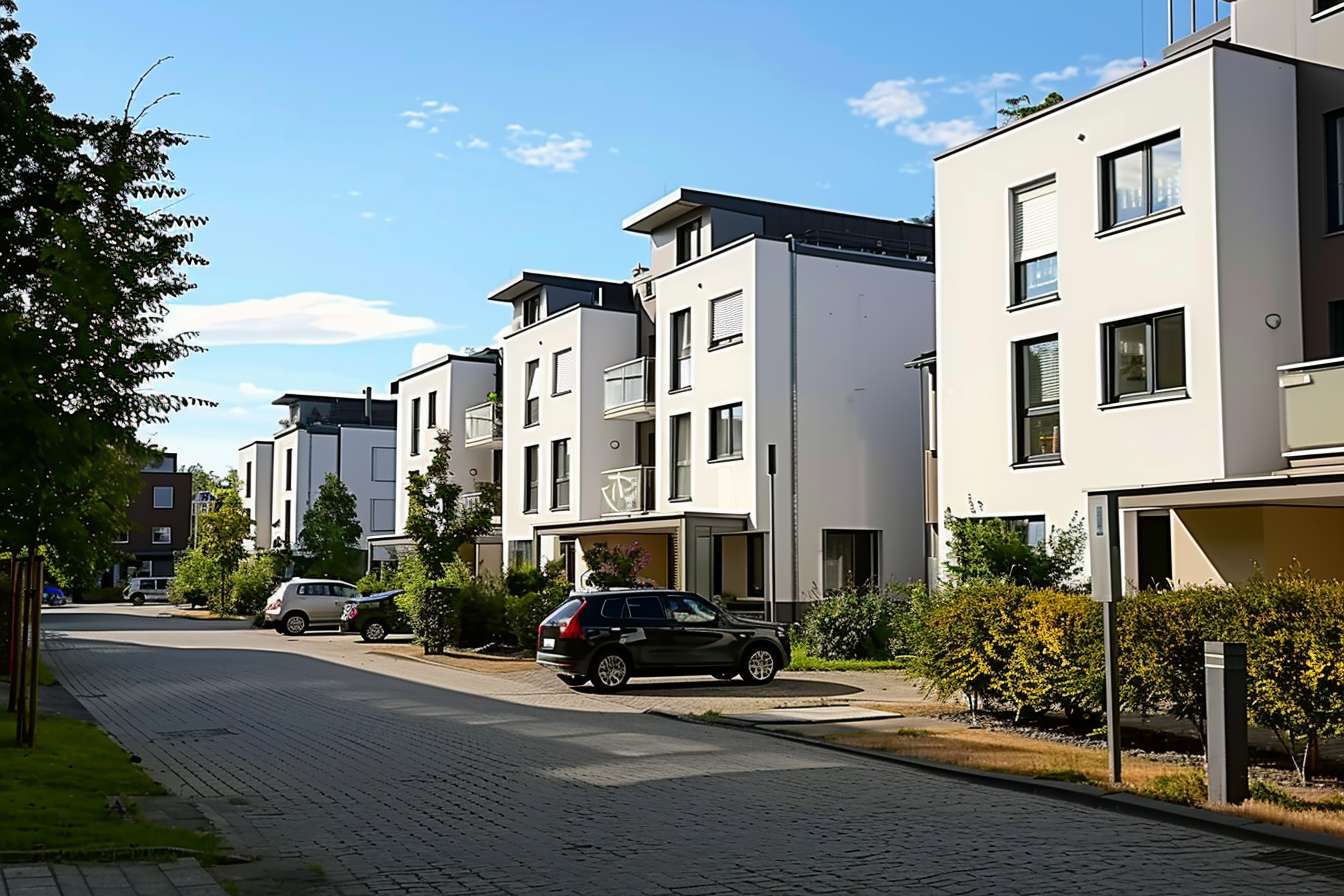Short-term leasing versus long-term renting: factors for flexible stays
Compare short-term leasing and long-term renting in Dubai to decide which suits flexible stays. This overview highlights practical differences in contracts, typical costs, neighborhood choices, utilities, pets, and relocation considerations to help plan a move or temporary stay with clear, actionable points.

Choosing between short-term leasing and long-term renting in Dubai affects budgeting, mobility, and daily life. Short-term options prioritize flexibility and furnished units, while long-term tenancy typically reduces monthly cost and provides stability. This article outlines practical factors to weigh—rentals and leases, neighborhoods and commute, utilities and energy, tenancy terms and relocation logistics, amenities like parking and pet policies, plus schools and healthcare accessibility—so you can match a living arrangement to your timeframe and priorities.
How do rentals and leases affect mobility and tenancy?
Short-term rentals and formal leases differ in length, notice periods, and legal protections. Short-term rentals (days to months) often come fully furnished with flexible move-in dates but may lack formal tenancy contracts registered with local authorities. Long-term leases (typically 1 year or more) are formal tenancy agreements with clearer rights and obligations for landlords and tenants. Mobility is easier with short-term options, while tenancy stability and potential cost savings favor long-term renting. In Dubai, longer leases commonly involve official registration processes and clearer dispute-resolution routes, whereas short-term stays may rely on platform terms of service or hotel-style arrangements.
Which neighborhoods and commute factors should you consider?
Neighborhood choice influences commute time, access to public transport, and local services. Areas near major business districts or metro lines reduce commute times but can increase rental rates. If you value mobility, prioritize neighborhoods with reliable transit links and mixed-use developments. For families or longer relocations, consider proximity to schools and healthcare when weighing neighborhoods: shorter commutes to work should be balanced against travel time for daily family needs. Also assess evening and weekend transport options, as shift patterns and traffic can change how a commute feels day to day.
What utilities, energy, and budgeting items are important?
Understand which utilities are included in a rental or lease. Short-term rentals often bundle utilities and energy costs into the rate, simplifying budgeting but sometimes increasing the headline price. Long-term tenancy generally separates rent, utilities, and energy bills—so you should factor in monthly charges for water, electricity, cooling, and internet. Estimate peak-season energy use (air conditioning is a significant factor in Dubai) and confirm who pays connection or security deposits. Clear line items in the tenancy agreement help with accurate monthly budgeting and avoiding surprises when bills arrive.
How do amenities, parking, and pets influence flexibility?
Amenities such as gyms, pools, and housekeeping can be common in serviced apartments or managed buildings, appealing to short-term guests and those seeking convenience. Parking availability and policies vary: some units include dedicated parking, others assign it separately or require permits. Pet policies can be restrictive in many residential buildings; confirm allowances, deposits, and designated areas. These practical features affect daily convenience and may determine whether a flexible stay is workable for your household. For longer-term tenants, the presence of on-site facilities and secure parking can add measurable lifestyle value.
What relocation, schools, and healthcare factors matter for longer stays?
If your stay involves relocation, consider local services in your area: international schools, clinics, and supermarkets all matter for quality of life. Long-term renters often prioritize access to consistent healthcare and established schooling options, while short-term residents may accept temporary solutions or proximity to private clinics. Relocation logistics—such as moving furniture, changing utilities, and registering tenancy—tend to be simpler with longer leases, whereas short-term stays may reduce administrative overhead but require more frequent moves. Think about long-term connectivity needs such as reliable internet providers and the availability of dedicated study or home-office space.
For practical decision-making, compare typical providers and product types to see how cost and service levels vary. Below is a concise comparison of common options used in Dubai for flexible and longer stays. The following rows give indicative cost ranges based on typical market benchmarks.
| Product/Service | Provider | Cost Estimation |
|---|---|---|
| Short-term private apartment (nightly) | Airbnb / Booking.com | AED 150–900 per night (varies by location and season) |
| Serviced apartment (monthly) | Ascott, Marriott Executive Apartments, DAMAC Maison | AED 6,000–25,000 per month depending on size and neighborhood |
| Long-term residential lease (monthly equivalent) | Bayut / Property Finder listings via landlords | Studios to 2BR: AED 3,500–20,000 per month depending on area |
| Agency-managed long-term lease | Betterhomes / Allsopp & Allsopp (full-service) | Agency fees plus market rent; adds management costs varying by service |
Prices, rates, or cost estimates mentioned in this article are based on the latest available information but may change over time. Independent research is advised before making financial decisions.
Conclusion Short-term leasing offers mobility, furnished convenience, and bundled utilities, which suits temporary stays or uncertain timelines. Long-term renting generally lowers monthly cost per square meter, provides stronger tenancy protections, and better supports deeper local integration, including schools and healthcare access. Match your choice to priorities—budgeting, commute, pets, and required amenities—to select the right balance between flexibility and stability for your stay in Dubai.






